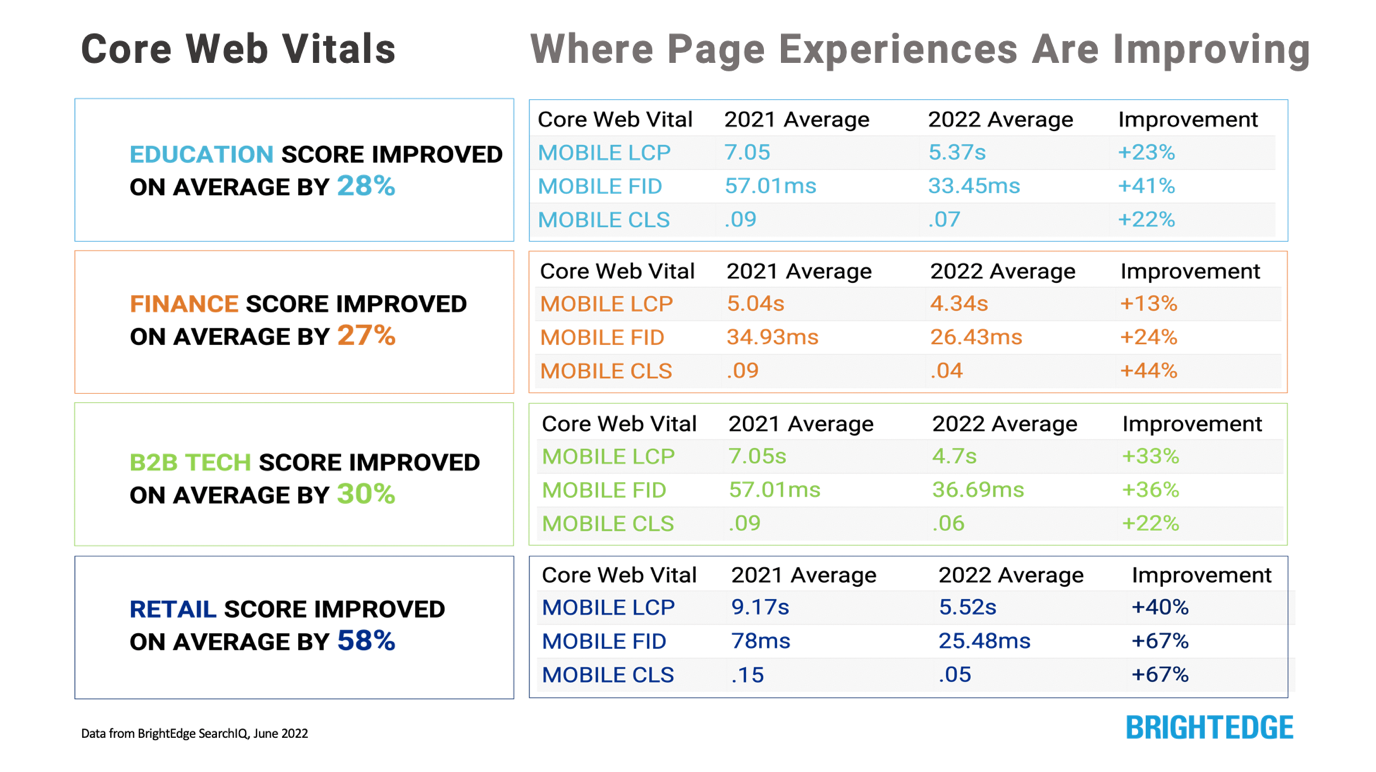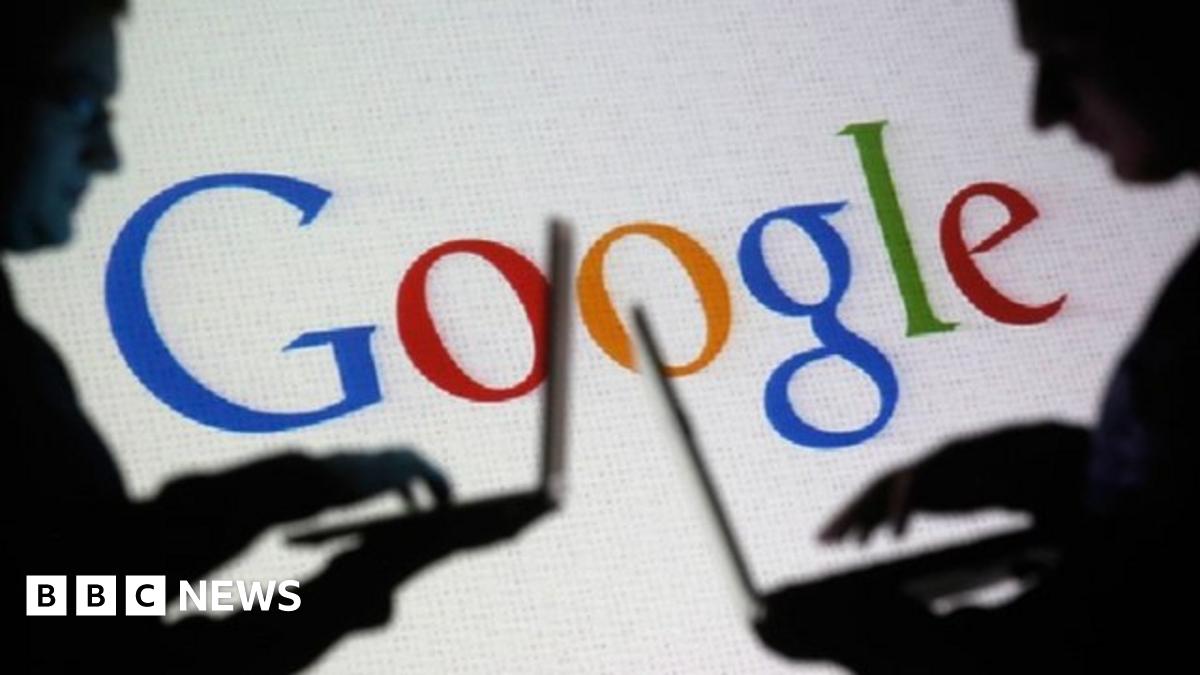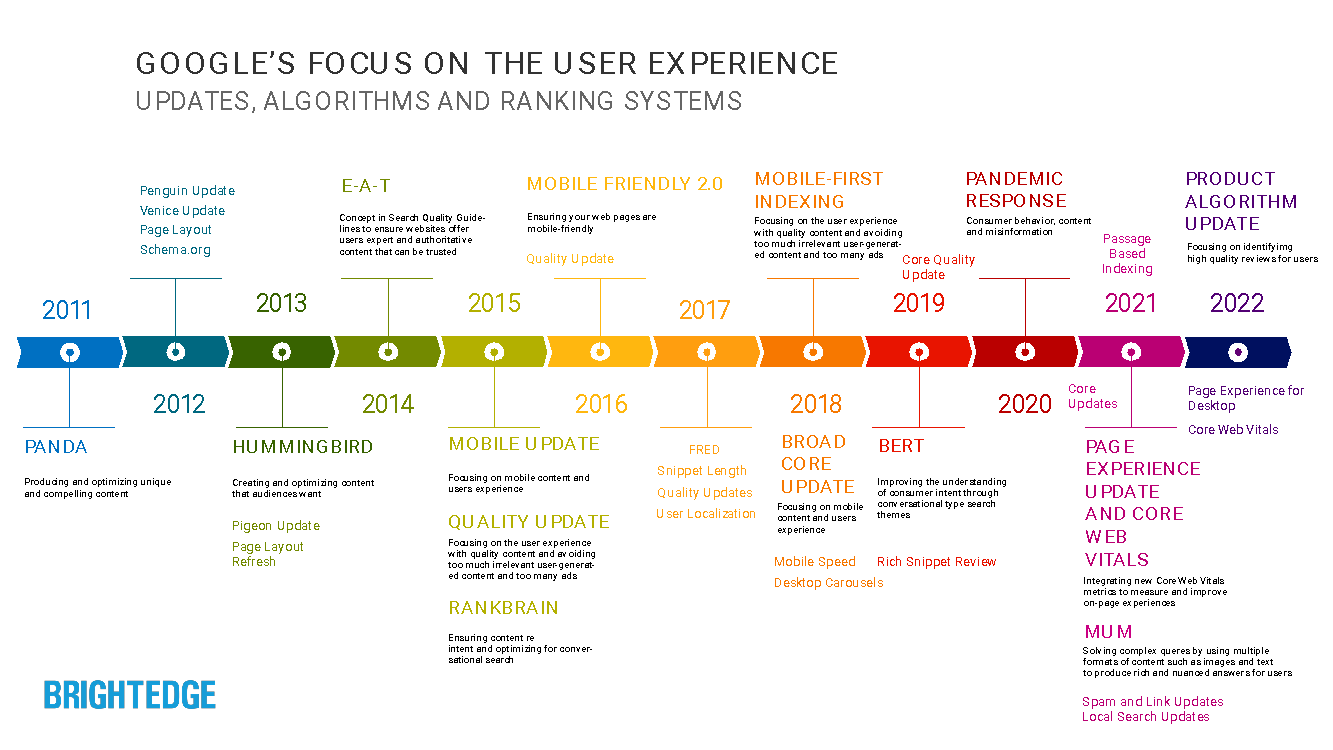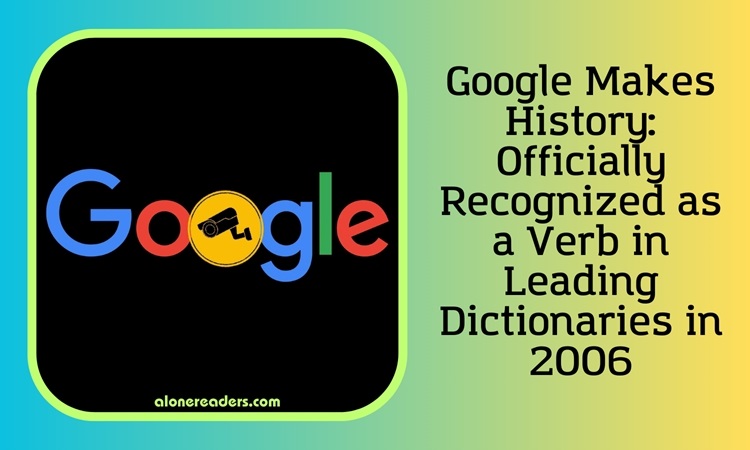Introduction
Google’s name is so closely linked to the act of searching that it has become a verb in everyday language, a status that did not happen by accident. Over the years, Google has evolved from a research project into a dominant search engine, and its brand now stands as the gold standard when it comes to online search. This report explains how technological breakthroughs, strategic branding, and cultural impact have intertwined to make Google synonymous with searching[1][3][10].
Technological Innovation and Superior User Experience
At the heart of Google’s market leadership is its revolutionary approach to search technology. Early on, founders Larry Page and Sergey Brin introduced a novel algorithm—PageRank—that assessed the importance of web pages by analyzing their backlinks. This innovation enabled Google to deliver more relevant and accurate search results than earlier search engines[4][7]. Furthermore, Google’s consistent focus on user experience—marked by a clean, uncluttered interface and fast, accurate responses—cemented its role as the engine that users rely on. Google's ongoing algorithm updates and improvements have allowed it to refine search relevance and quality despite the exponential growth of online information[5][11]. These technological strengths have ensured that when people seek answers online, they naturally turn to Google.
Strategic Branding and Marketing
The brand strategy pursued by Google has been as innovative as its technology. From its early days in a Menlo Park garage to becoming a global tech giant, Google has always maintained a powerful focus on simplicity and reliability. Its iconic multicolored logo, which has evolved over the years, not only symbolizes creativity and playfulness but also reinforces the brand’s commitment to making information accessible[6][9]. Google’s marketing campaigns have effectively communicated this value proposition by highlighting its role in organizing and providing information quickly and efficiently[2][8]. As a result of its strong visual identity and consistent messaging, the term 'to google' entered everyday language—despite company efforts to curb genericization—to describe the act of searching online[3][12][14]. This deep brand resonance has made the Google name practically interchangeable with the concept of search.
Cultural and Linguistic Impact
Google’s influence reaches beyond technology and into the way people communicate. The fact that 'google' is now used as a verb, as recognized by major dictionaries such as the Oxford English Dictionary and Merriam-Webster, underscores its cultural penetration[1][10][14]. The use of the term on national television—as in the memorable episode of Buffy the Vampire Slayer where characters casually ask, 'Have you googled her yet?'—helped cement its place in everyday conversation[1][12]. This process, where a proper noun becomes a generic term for a common action, highlights how deeply the brand has woven itself into social and linguistic fabric. Additionally, Google’s willingness to create dynamic adaptations of its logo—Google Doodles—demonstrates its commitment to engaging with users in a culturally relevant manner, further reinforcing its role as the default gateway to information[6][9].
Market Dominance and Industry Leadership
Google’s stronghold on the search market is unparalleled, with over 90% of global market share compared to its competitors’ much smaller fractions. This overwhelming dominance means that when someone says 'let me google that,' they are practically referencing the default method for accessing the web’s information[7][13]. By continually investing in and refining its core search technology, Google has maintained a virtuous circle—its high-quality search results attract more users, which in turn gives it more data to further improve its performance. This cycle of innovation has not only kept Google ahead of rivals such as Bing and Yahoo but has also set the standard for what users expect from a search engine[7][13].
Conclusion
In summary, Google's brand has become synonymous with searching due to a confluence of factors. Technologically, its early innovations and continuous improvements in search algorithms have delivered a consistently superior user experience. Strategically, its distinctive and evolving visual identity, paired with focused marketing that emphasizes simplicity and reliability, has resonated deeply with consumers. Culturally, the transformation of its name into a verb has embedded Google in everyday language. Lastly, its dominant market share reinforces its status as the definitive platform for finding information online. These interlocking elements explain why, when people think of searching, they think of Google[1][2][3][5][6][7][9][10][11][13].
Get more accurate answers with Super Pandi, upload files, personalized discovery feed, save searches and contribute to the PandiPedia.
Let's look at alternatives:
- Modify the query.
- Start a new thread.
- Remove sources (if manually added).








![The biggest reasons people use Google Search [Image] | dotTech The biggest reasons people use Google Search [Image] | dotTech](https://dt.azadicdn.com/wp-content/uploads/2013/03/main_uses_of_google.jpg?200)